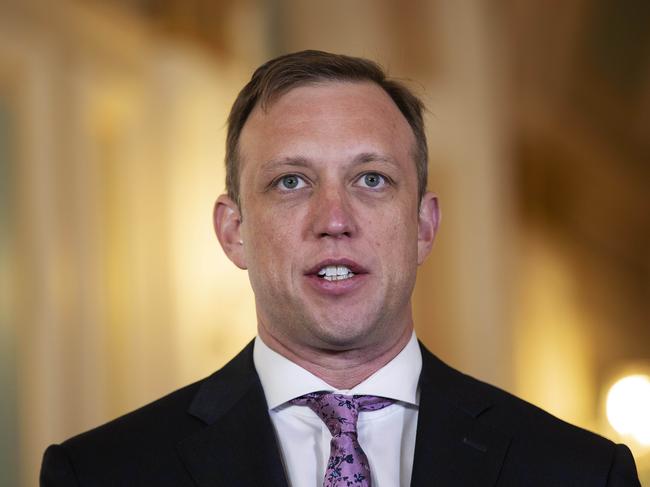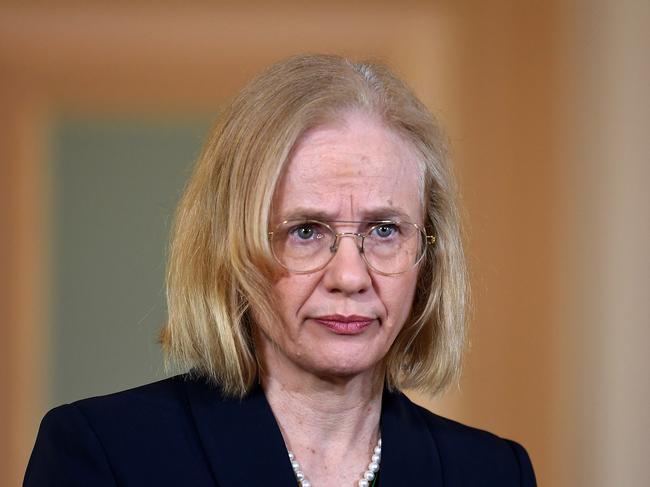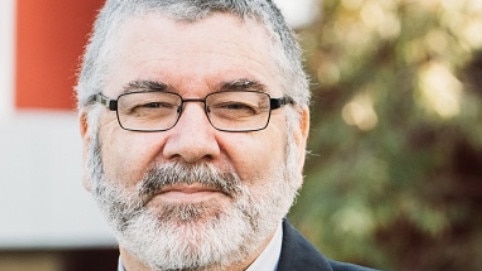Why we won’t be going into lockdown anytime soon
A growing Brisbane COVID-19 cluster has sparked fears Queensland could again be headed for lockdown with authorities preparing for at least another week of growing cases – but experts say restrictions will be dependent on one thing.
A growing Brisbane COVID-19 cluster has sparked fears Queensland could again be headed for lockdown with authorities preparing for at least another week of growing cases.
And with Victorians on Monday told their harsh restrictions could continue, as Premier Daniel Andrews announced the state will be provided with a detailed road map this weekend for post-September 13 (when stage four restrictions were due to end in Melbourne), Queenslanders are rightly fearing their freedoms could soon be restricted again.
Brisbane’s COVID-19 cluster not completely contained, warns Chief Health Officer
Boarders isolated by borders plea for compassion
Restrictions limiting at-home gatherings in some parts of the state to just 10 people could stay in place for at least another month, with Deputy Premier and Health Minister Steven Miles saying current limits were likely to remain in place for another 1-2 incubation cycles before it is reviewed.
It comes as the state’s total has now reached 27 active cases, echoing numbers reported in early May.

The state on Monday recorded just one new case in the past 24 hours as testing continues for the detention centre cluster.
The case is a close contact to the Queensland Corrective Services Academy cluster and was in quarantine, having only been in the community for two days.
Mr Miles was noncommittal on Monday about what would trigger new restrictions, saying authorities were monitoring the situation, but believed they had the cluster under control.

However, experts say it isn’t time to panic yet, with further restrictions heavily dependent on the context of cases – particularly if unknown transmission increases.
Griffith University Institute for Glycomics Professor Johnson Mak said in the event of unknown community transmission numbers increasing, it will be a strong case to argue for restrictions.

“On the other hand, if identified new cases are both ‘traceable’ and ‘from individuals with limited contacts’, further restriction is not useful,” he said.
“Having a flexible testing capacity to increase testing and having the public involved in the process (not underestimating the virus) will be the key.”
Griffith University Infectious Diseases and Immunology Professor Nigel McMillan said the number of unexplained cases will be the most critical as it indicated the level of community transmission.
“We don’t want to see too many more of these types of cases or the government will need to act,” he said.

